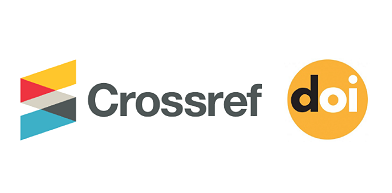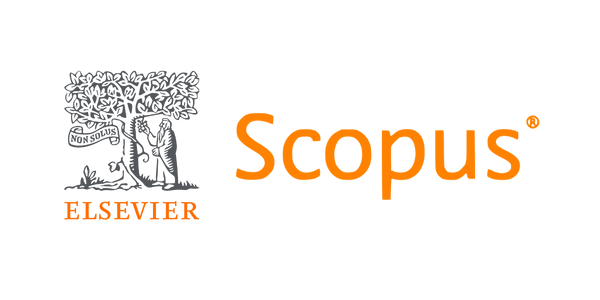Determinants of insecticide treated net utilization among under-fives in Nigeria
DOI:
https://doi.org/10.61386/imj.v14i4.32Keywords:
Treated-net, utilization, under-fives, malariaAbstract
Introduction: Insecticide treated net (ITN) is pivotal to malaria control but reports show a relatively low ITN utilization when compared to household ownership. It is important to explore the determinants of ITN utilization in order to bridge this gap.
Objectives: To determine the factors associated with ITN utilization among under-fives.
Method: A cross sectional study was conducted from February to April 2015 among under-fives in Afaha Ikot Obio Nkan in Akwa Ibom State, Nigeria. A systematic random sampling technique was used to select 494 households from which 413 under-fives were recruited. Information on ITN utilization was obtained using a WHO validated tool. The independent predictors of ITN utilization were determined.
Result: ITN was mainly used to prevent mosquito bites (48.3%) and malaria (29.2%). Non-utilization was mainly attributed to heat (38.5%), ‘no reason’ (11.5%) and low mosquito activity (11.1%). Household head of 30-39 years, the presence of two under-fives in a household and the number of ITNs observed hanging over bed spaces were the independent of predictors utilization.
Conclusion: Caregivers aged 30 – 39 years, presence of two under-five children in a household and the number of ITNs observed hanging over bed spaces were the predictors of ITN utilization.
Published
Issue
Section
License
Copyright (c) 2021 Udoh EE, Okon ND, Nyong EE, Akpan MU, Adesina SB, Meremikwu MM

This work is licensed under a Creative Commons Attribution 4.0 International License.










